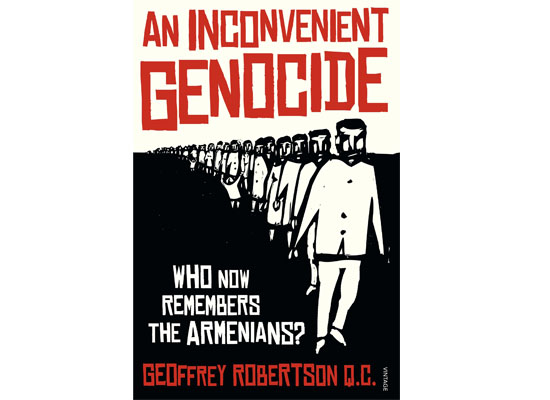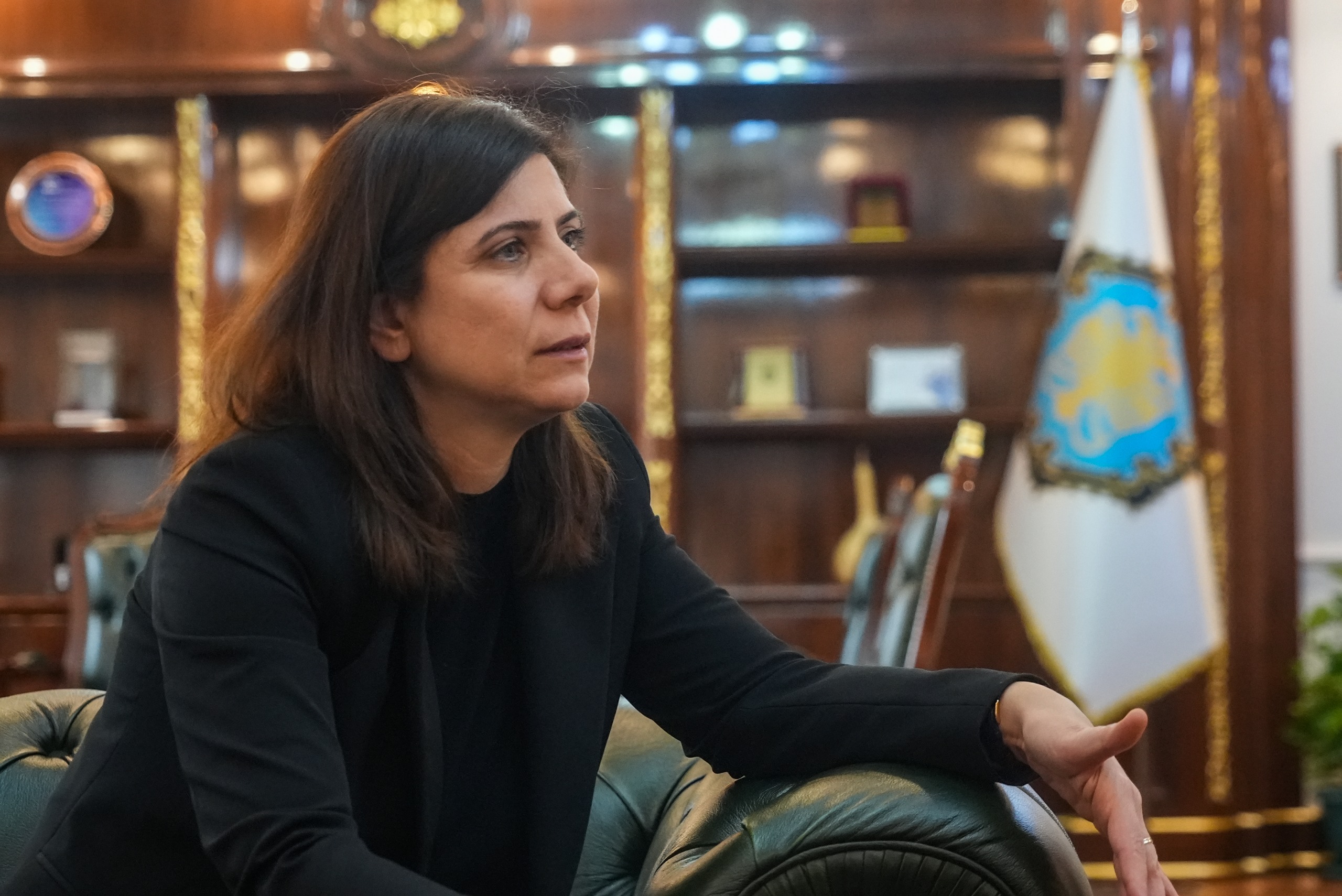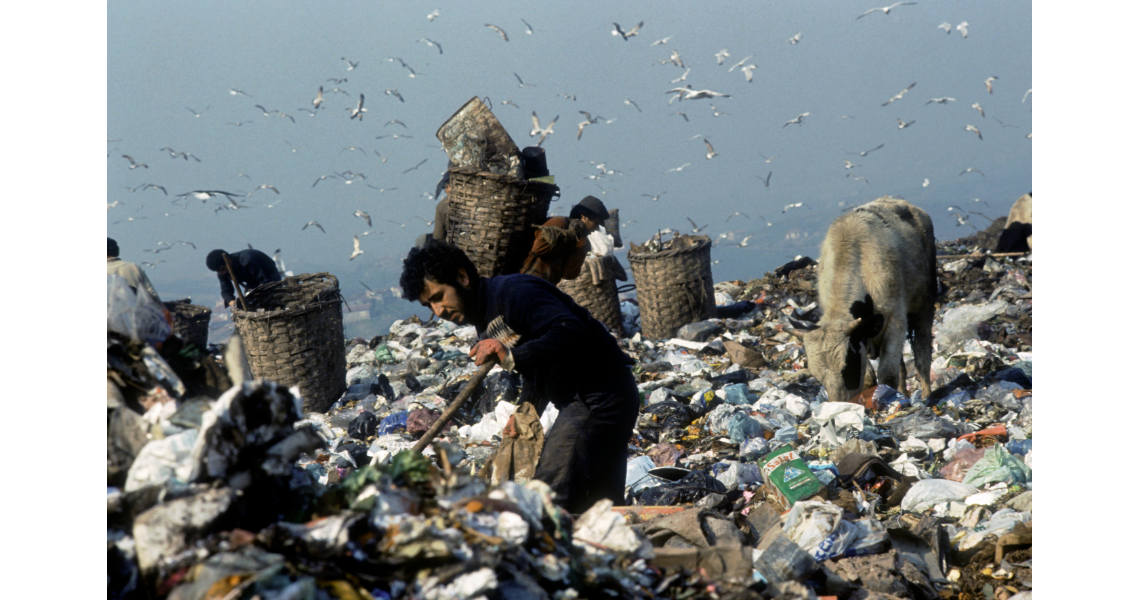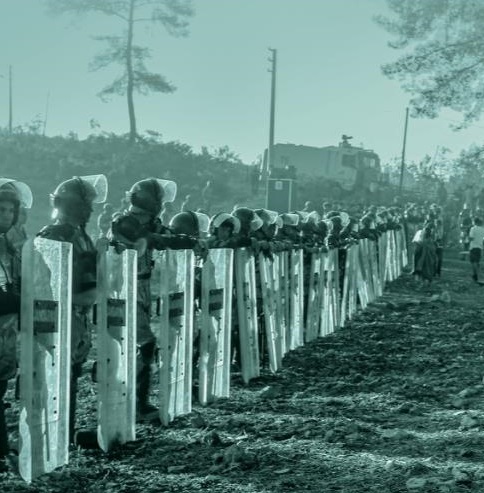In his book titled “An Inconvenient Genocide: Who Now Remembers the Armenians?” Geoffrey Robertson QC, leading British human rights lawyer, shows how the denialist approach of the United Kingdom changed over time to today recognize the Armenian Genocide.
FATİH GÖKHAN DİLER
fgdiler@agos.com.tr
Two recent developments have recently taken place that show the United Kingdom’s stance regarding the Armenian Genocide is changing. Leading human rights lawyer Geoffrey Robertson, published a book titled ‘An Inconvenient Genocide: Who Now Remembers the Armenians?’. Robertson’s book, based on official documents and correspondence, shows how the denialist approach of the United Kingdom changed over time to today recognize the Armenian Genocide. The documents reveal how the UK, having adopted a denialist approach in order to protect the close political and economic ties with Turkey in the past, is now financing civilian society activities focusing on 2015.
The change began in 2009
On the other hand, the Foreign and Commonwealth Office has published a 54-page booklet in order to show “the changing policy of the government” including all official correspondence and documents on the ‘Armenian Massacres and United Kingdom Foreign Policy’ for the years 2009-2014.
In 2009, Robertson had published a report revealing the background of the denialist stance of the Foreign and Commonwealth Office. The 40-page report titled ‘Was There An Armenian Genocide?’ is based on documents obtained via the Freedom of Information Act. The report was also reported by the press in Turkey during that period, and reveals how the United Kingdom Foreign Office denied the Genocide to retain its good relations with Turkey, and also misled the Parliament to this effect
Secret documents
Secret documents Robertson has accessed recently reveal that the UK government has changed its Genocide policy since 2009. The Foreign Office acknowledges the fact that Robertson’s report had an impact on this change after 2009.
A secret document dated 1999 from the internal correspondence of the UK government, included in Robertson’s new book, outlines the policy as follows:
“Her Majesty’s Government is open to criticism in terms of the ethical dimension. But given the importance of our relations (political, strategic and commercial) with Turkey, and that recognising the genocide would provide no practical benefit to the UK or the few survivors of the killings still alive today, nor would it help a rapprochement between Armenia and Turkey, the current line is the only feasible option.” (Memorandum from the FCO Eastern Department to Minister Joyce Quin and others, 12 April 1999, Subject title: House of Lords unstarred question 14 April, Baroness Cox, Armenian Genocide)
However, a 2010 internal memo includes signs of a change in the position of the UK government after the publication of Robertson’s report: “Following Mr. Robertson’s report and the publicity it attracted, we have updated our public line to make clear that Her Majesty’s Government does not believe it is our place to make a judgment (historical or legal) on whether or not the Armenian massacres constituted genocide.”
The documents also reveal that the UK government will organize activities on the 100th anniversary of the Armenian Genocide. In 2013, the British Ambassador to Lebanon asked for guidance on attending an April 24 commemoration in Beirut, the Foreign Office advised him to go ahead. The Foreign Office included the following note: “[Do not] give the impression that we deny what happened in 1915… we still consider them (the massacres and deportations) to be truly dreadful and in need of remembrance.”
Finally, a book comprising stories of grandchildren and the elderly of 50 families saved from the Genocide by the Turks has been prepared with the title ‘100 Years… Real Stories’ with support from the UK Foreign and Commonwealth Office.
Who is Geoffrey Robertson?
Geoffrey Robertson is a leading human rights lawyer and a judge at the United Nations war crimes court. Robertson is the author of the book ‘Crimes Against Humanity’, and prosecuted in proceedings against Hastings Banda and General Pinochet. The renowned human rights lawyer, who teaches at Queen Mary University of London, has also served as the lawyer for Julian Assange, the founder of WikiLeaks.





